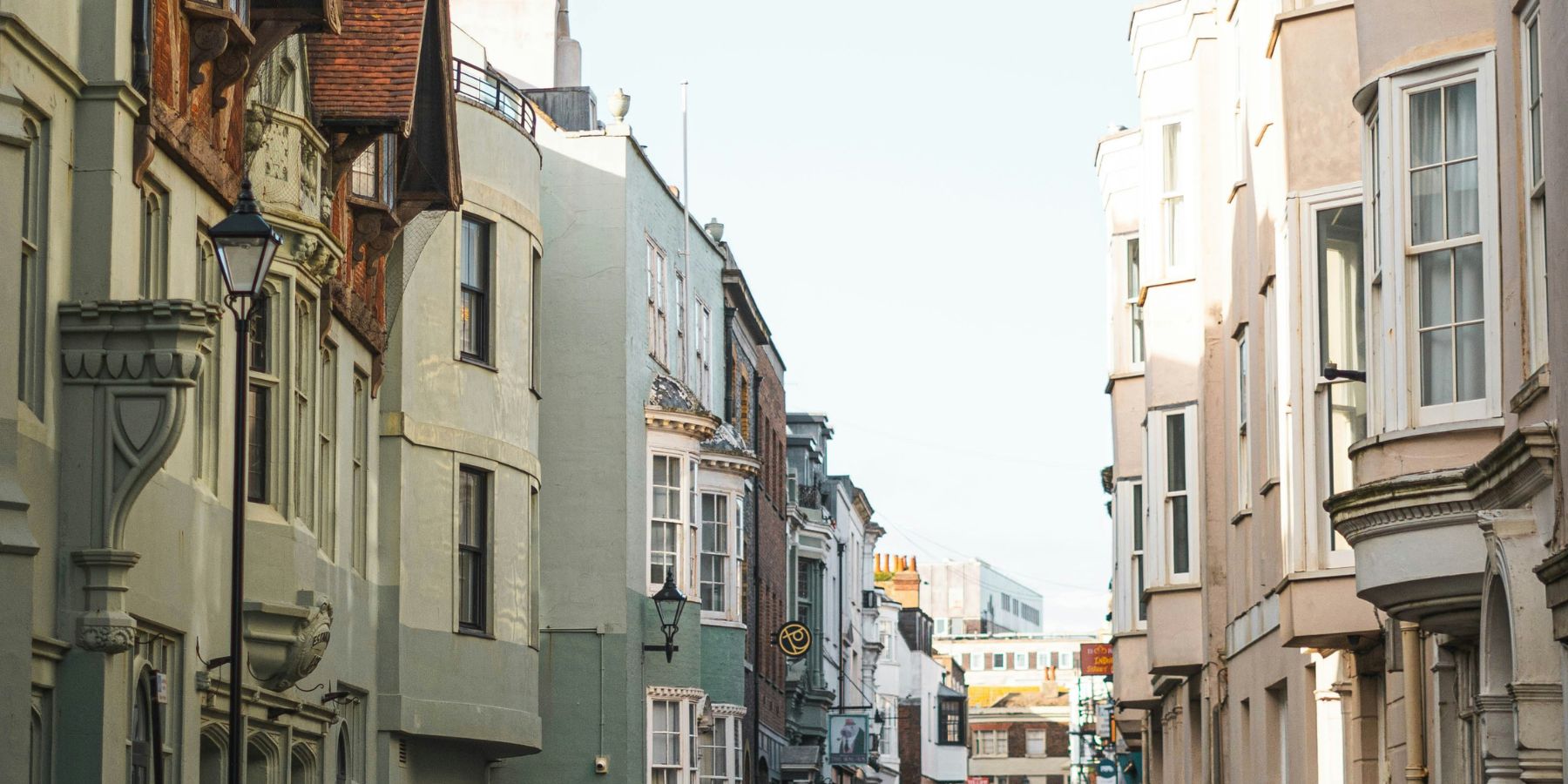Brighton and Hove Council Approves 4.99% Council Tax Increase
9th April 2024

Brighton and Hove City Council has voted to increase council tax by 4.99%, reflecting the difficult financial landscape the council finds itself in for the 2024/25 fiscal year. The decision, passed with Labour’s majority, comes after extensive deliberation during a five-hour meeting where the council grappled with a budget shortfall and increasing demands for services.
Labour’s finance lead, Jacob Taylor, emphasized the gravity of the situation, stating, “This is the hardest budget that this local authority has ever had to face.” He underscored the challenging task of finding £30 million in cuts and savings, stressing that the administration takes no pleasure in making these difficult decisions. Despite efforts by other parties to amend the budget and alleviate proposed service cuts, the council ultimately moved forward with the tax increase.
However, opposition voices, including Green Group Convenor Steve Davis and Conservative Group Finance Spokesperson Alistair McNair, criticized the budget, arguing that it would strain local services and charities, particularly impacting the most vulnerable members of the community. McNair highlighted instances of what he deemed as mismanagement, citing £10 million spent on bringing housing repairs in-house and £1 million on weed removal.
The approved 4.99% council tax increase, which includes a ringfenced 2% for social care spending, will bring the annual council tax bill for a Band D property in the city to £2,338.06. This increment aligns with broader financial trends, as outlined by the Brighton and Hove City Council, where overall Band D bills are set to rise from £2,227.91 to £2,338.06. This increase, amounting to £110.15, will translate to almost £194.84 a month or £44.96 a week for residents.
It’s important to note that council tax forms a substantial portion of overall council spending, covering approximately a fifth of the total budget. The rest is sourced from grants, business rates, fees, charges, and other revenue streams. Despite the challenges posed by the budget shortfall, the council is committed to maintaining essential services while also navigating the complexities of funding allocated from government grants, including ring-fenced allocations like the dedicated school’s grant.
Looking ahead, as the council embarks on the implementation of the approved budget, further scrutiny will be placed on the capital spending program. This process will provide insight into the allocation of resources for significant projects slated for the upcoming year.
In conclusion, while the decision to increase council tax by 4.99% may be met with mixed reactions, it underscores the council’s dedication to managing financial constraints while prioritizing essential services for the residents of Brighton and Hove. As the community moves forward, it is imperative to maintain a balance between fiscal responsibility and the provision of necessary resources to support the well-being of all residents.
Who, How and Why of HMO Investors
12th July 2024
Around half of HMO (house in multiple occupation) landlords surveyed said that they use their property or portfolio as their…

Understanding the Labour Party’s Plans for the Rental Market
12th July 2024
With the Labour Party’s recent take over, we look back at their manifesto to identify the significant changes that are…

Explore Non-Traditional Deposit Options, Company Guarantors & Bills Packages: A Win-Win for Landlords and Tenants
12th July 2024
As the rental market evolves, there has been a notable 25%+ increase in demand for alternative deposit solutions, according to…